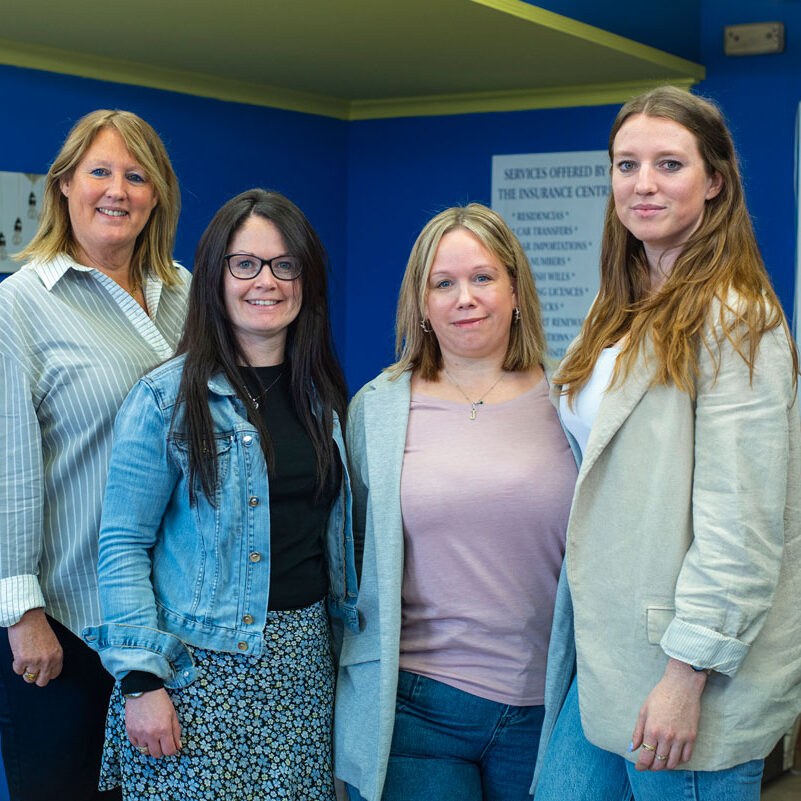
Insurers recognize that the low cost model “has impoverished everyone”
Innovation is not an option and proof of this is the 750% increase in investment in startups insurtech made globally since 2013, which at the end of 2015 reached 3.1 billion dollars (in 2010 only 100 million).
Compared with the Fintech, the insurtech market is still not mature, although there are already voices that indicate the existence of a bubble in this field. At the end of 2015, 50% of the startups were in the first round of investment: full creative hatching, but little solidity. If, as Luis Martin Cabiedes said, “in Spain there are too many incubators … and very few eggs”, the same can not be said at the global level, so that bubble, if it exists, will not explode immediately. What is clear is the need for Spanish insurers to react and invest, as they are barely present.
The insurtech have materialized the important role that technology plays in our lives. They have gained credibility among incumbents (traditional insurers), becoming their instrument of innovation, strategic partner or new line of business. And if many of the newborn startups insurtech threaten to become the new players in the market, we must not lose sight of the technology giants (GAFAA – Google, Apple, Facebook, Amazon and Alibaba -, Microsoft, Cisco, Intel .. .).
What do insurtech and tech giants have in common? On the one hand, they share three foci of innovation: development of new business models, implementation of new models of relationship with the customer where their experience and efficient use of technology and data to know their target and operate the business. On the other hand, they are highly efficient in cost and productivity, and work with a very agile time to market. And finally, the icing: they are digital natives … they do not need to be transformed.
“We are at a time when insurers are expanding their ecosystem”
In this context, the concern about the potential loss of business continues to fall in the sector. An example was the recent criticism by Mark Wilson, CEO of Aviva, on the Straits Times portal about the sector’s lack of digital maturity. This concern has led large insurers to be strongly committed to innovation to maintain their leadership and defend themselves from the entry of technology giants. Hence behind accelerators like Startup Bootcamp, Global Insurance Accelerator, Plug & amp; Play, Gener8tor and FinTech Innovation Lab are the main insurance groups in the world, some of which also have their own garages, such as Allianz or Axa, among others.
We are, therefore, at a time when insurers are expanding their ecosystem. There are many startups that are penetrating the market, either as direct competitors or as new channels or as products / services that add to the portfolio. In the non-life sector, insurers are betting on ecommerce platforms and portals on demand to customize and expand their offer, and to increase their target. In life, the emphasis is on simplifying the process of risk assessment, counseling and client experience, while health efforts focus on disease prevention, promotion of healthy living habits and online patient care.
But let’s not fool ourselves. The key to innovation lies in the ability to integrate it into the insurer’s business model. This ability – as the most disruptive tendencies point out – is attempted to be acquired through the application of artificial intelligence, blockchain and big data to make its processes efficient, and to create new payment systems and models based on collaborative economics. Because if the incumbents do not fit the customer’s life cycle, they provide a unique product and a digital differential experience, others will do so instead.
In short, we must be aware that change is happening. Insurers should look at the insurtech landscape, accelerate the innovation process, and discover new business models to lead the transformation, rather than being engulfed by it.
Source: cincodias.com
Write us a message

About Our Team
At The Insurance Centre, we’ve been helping clients since 1999 with friendly, professional, and multilingual insurance services tailored especially for expatriates in Spain. We work with top-tier, reputable insurance providers and have proudly received awards for excellence in customer service and expat insurance for the past 10 years.
We are fully registered with the Dirección General de Seguros (DGS) and are members of the Colegio de Mediadores. Our team speaks English, Spanish, French, and Swedish, ensuring clear and confident communication with clients from around the world.




